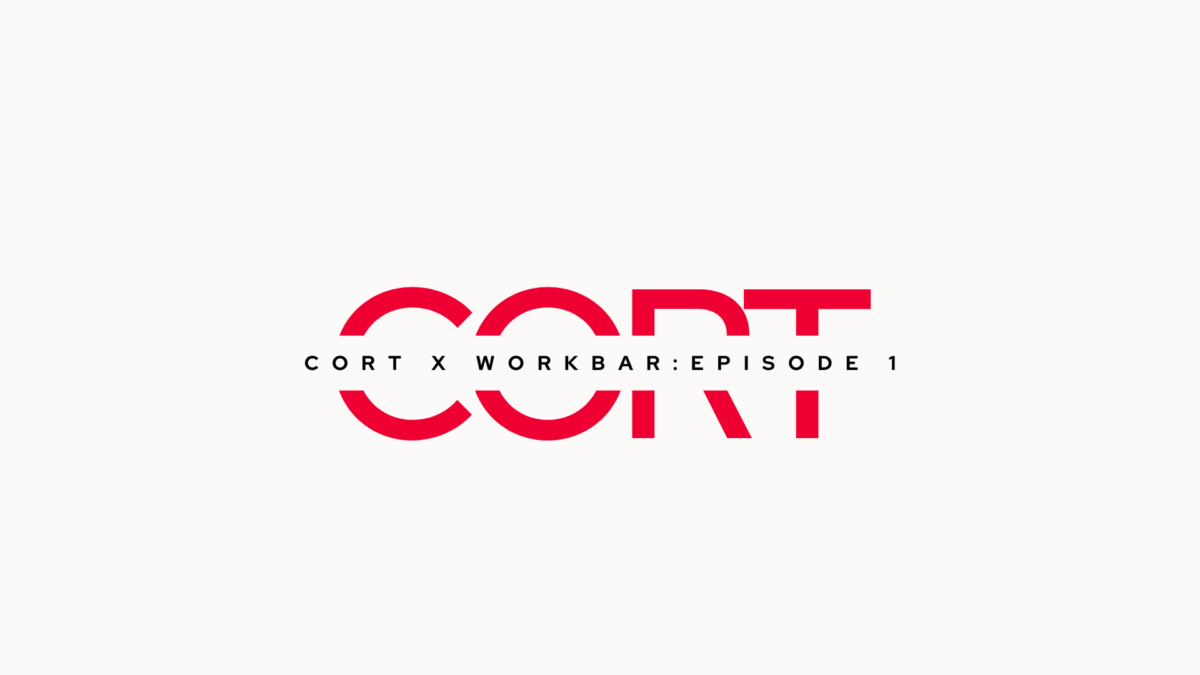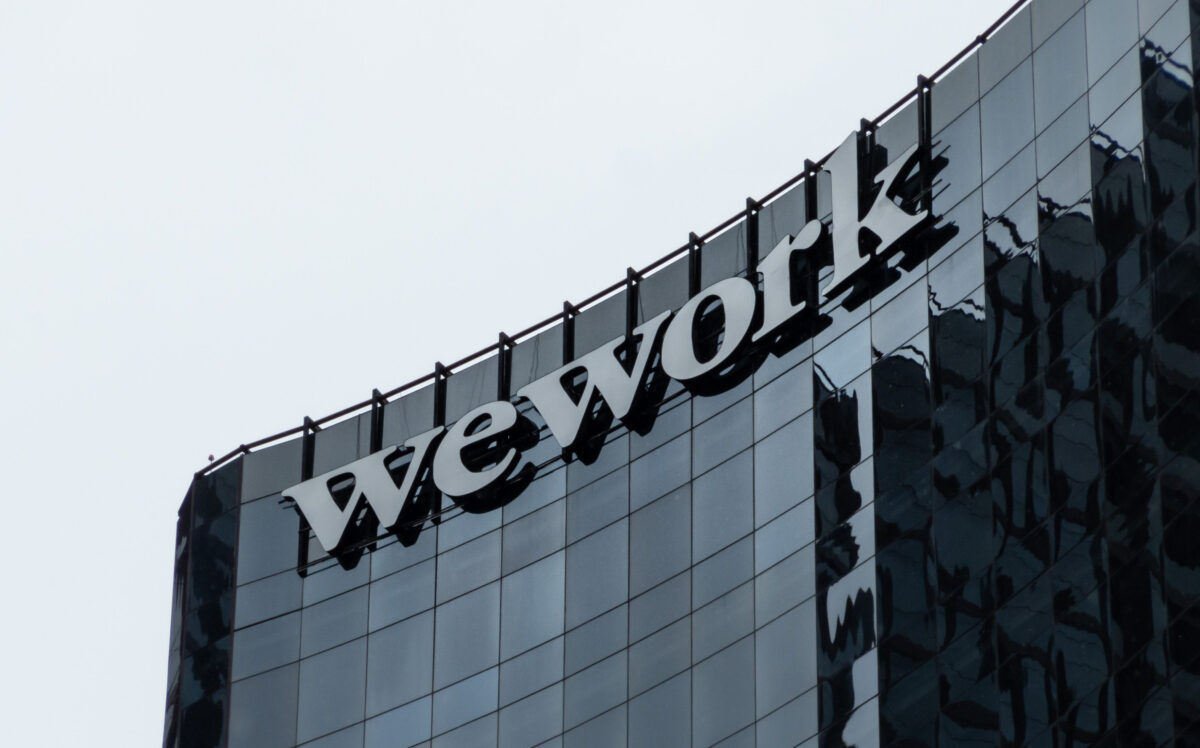This article is part of the “CORT Workplace Talk” series where Melanie Jones, CORT’s National Director, CRE Partnerships, sits down with thought leaders in commercial real estate to discuss advancements, insights, and trends within the industry. Sit back and learn more about CRE and how CORT Furniture Rental can benefit your organization.
“Flexibility provides the safety valve for not getting it wrong.” Melanie made this bold statement during the recent Furniture-as-a-Service: Circular Economy for the Workplace webinar. Learn how leveraging flexibility helps to reduce risk when making decisions on space utilization, providing employees space that fosters loyalty, productivity, and happiness, and even bolsters confidence in critical financial decisions in a world full of change and unknowns.
In the webinar, Melanie Jones, a member of the Strategic Business Development team at CORT, joins Pontus Kihlman and Eeva Terava to discuss the circular economy, sustainability, and how CORT Furniture-as-a-Service (FaaS) offers a strategy solution beyond the traditional purchase approach.
Learn how change is evolving in the way we think about owning resources and keeping the workplace relevant for organizations’ ever-changing needs. Access instead of ownership supports a circular economy, encourages resource efficiency, and eliminates a throwaway society.
Dynamic asset management and adaptive, flexible workplace strategies are growing in popularity, as accelerating uncertainties and competition lurk around every corner, but also due to the urgency to be more sustainable. Short-term leasing (of any type of physical assets), subscription models (to tangible and intangible services), memberships and access models, serviced office spaces, short-term leases, subleases, and so forth.
The basics are the same – the goal of asset management is to maximize the value of an investment portfolio over time while maintaining an acceptable level of risk and climate impact. And the less you invest in upfront (that is not core business, as a property), the less risk and smaller footprint, right? – Pontus Kilman
The discussion covers how asset management is a systematic process of developing, operating, maintaining, upgrading, and disposing of assets in the most cost-effective and *sustainable* manner and how time and energy-consuming it can be. Let alone the know-how needed and the capability to handle the increasingly rapid changes and required updates.
What are the pros and cons of a subscription approach to furniture compared to ownership. Hear tips on the decision-making process and much more!
About Melanie Jones
As a member of the Strategic Business Development team her mission is to support positive change in commercial real estate by sharing a new way to utilize furniture in buildings & the workplace. How? The Furniture-as-a-Service™ “subscription-like” approach is about access rather than ownership. Globally, clients have access to CORT’s many millions of dollars of furniture for as long as they need it, thereby helping people and the planet create more sustainability and expand a circular economy.






